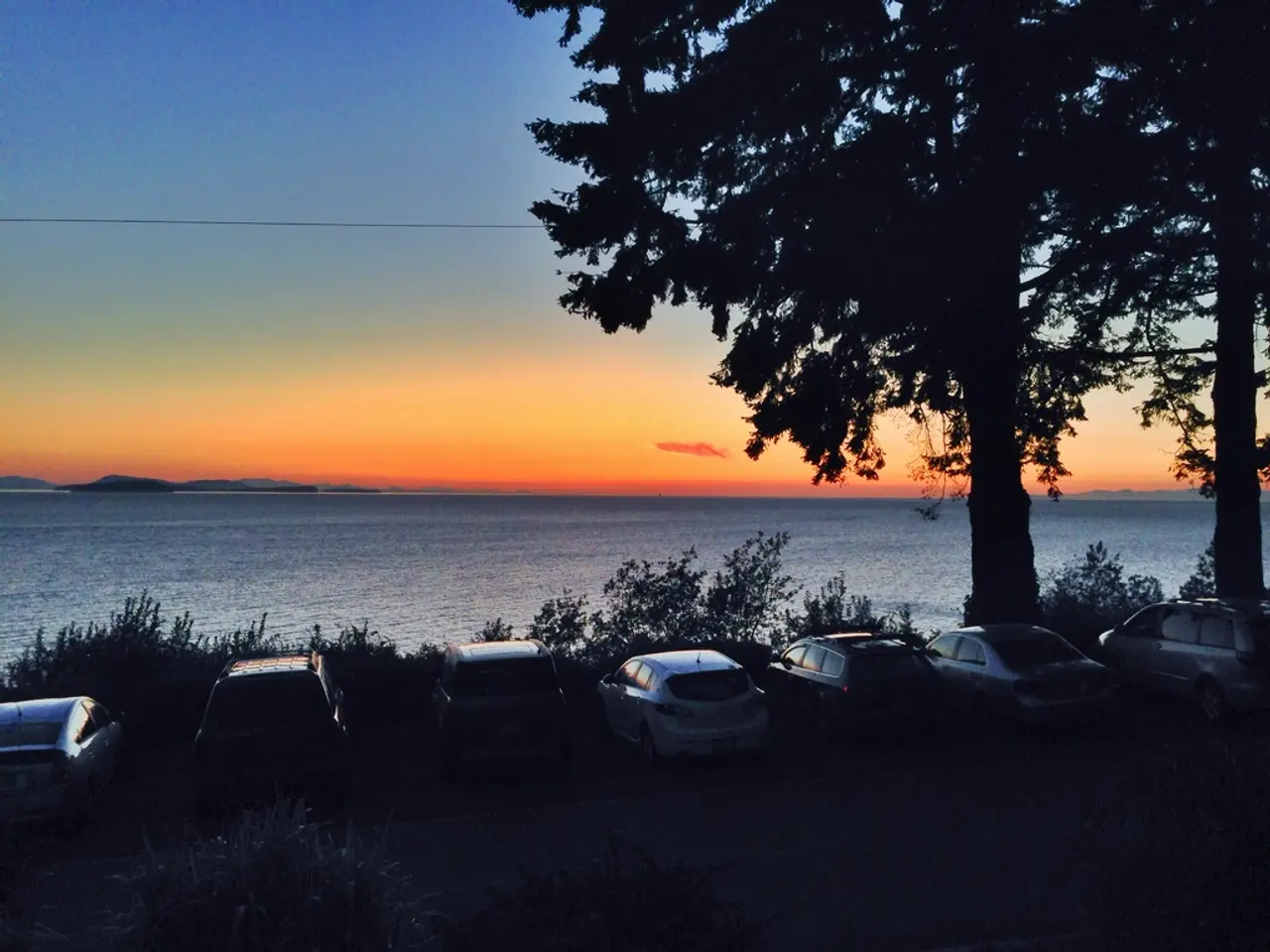Vacation Time: Exploring the Perks of Starting Vacation Earlier or Later
Starting Early or Late for Summer Holidays in Germany: What's the Difference?
For those planning their summer holidays in Germany, the timing of the break can have significant implications. Here's a comparison of the advantages of starting early (e.g., late June to early July) versus starting late (e.g., early to mid-August).
Weather
Early summer holidays offer pleasantly warm weather, ideal for comfortable outdoor activities. However, late summer is generally the warmest and sunniest period, beneficial for beach and water activities.
Water Quality
Water bodies tend to be cleaner and less crowded early in the season. Late summer might see a slight decline in water quality due to heavy usage, but it offers warmer water temperatures.
Traffic
Starting holidays early helps avoid peak traffic jams on motorways and crowded trains. Late starters may face heavy traffic and crowded transport options as many people travel during July and early August.
Fashion
Early holidays allow wearing early summer fashions (lighter layers, spring-summer transition clothes). Late holidays align with peak summer fashion trends (light fabrics, swimwear) and sales for end-of-season items.
Hotel Costs
Hotels and accommodations are generally cheaper early in the holiday season before peak tourist influx intensifies. Costs tend to rise as demand peaks later, making late holiday bookings more expensive.
UV Radiation
UV levels are slightly lower early summer, reducing the risk of sunburn and UV-related skin damage. UV radiation peaks in late July and August, increasing risks without proper protection but maximizing tanning opportunities.
These scheduling differences in Germany's 16 federal states aim to stagger student holidays to reduce overcrowding, ease traffic congestion, and spread tourism benefits over a longer period. Early holidays often start from late June, and late holidays extend into August or early September.
Additional Considerations
- Traffic congestion is high during the traditional peak travel season, which falls in the last two weeks of July and the first half of August.
- The selection for summer and swimwear is smaller during clearance sales in late July and August.
- According to the German Travel Association (DRV), travel prices in most European holiday regions are highest from June to September, except for Christmas and New Year.
- Late summer holidays may provide less exposure to jellyfish in the North and Baltic Seas.
- Latecomers to the summer holidays can expect autumnal and mild weather for their return to school.
- Southern holiday regions, such as in southern Germany or southern Europe, are still quite sunny in August.
- Most jellyfish found in the North and Baltic Seas are harmless to humans, but they are particularly common on beaches during the warm summer months of June to August.
- Late starters of the summer holidays can enjoy a longer period of anticipation.
- It is suggested to buy E-vignettes before traveling abroad to save time and nerves.
- Longer days and warm nights occur earlier in June and decrease as the summer progresses.
[1][5] Source: Federal Ministry of Education and Research (BMBF) and the German Federal Ministry for Economic Affairs and Climate Action (BMWK)
Early summer holidays in Germany offer pleasantly warm weather for comfortable outdoor activities, while late summer is generally the warmest and sunniest period, beneficial for beach and water activities. Late holidays, extending into August or early September, allow wearing peak summer fashion trends and taking advantage of end-of-season sales.






